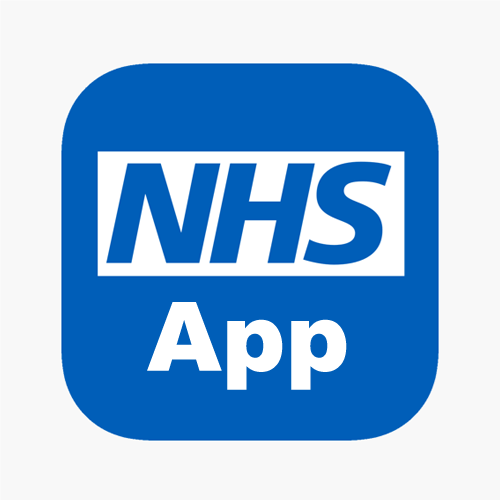You can now use the NHS App to request a same-day GP medical assessment - find out more.
Wealden Ridge Medical Partnership

A quick and easier way for you to get what you need.
Not registered for online services?
Set up an account. You must be a registered as one of our patients first.

Do you know you can register for online services?
Once registered you can book or cancel appointments, order repeat prescription and access you medical record online without having to speak to some one at the practice.

Find out what services and clinics are in your area
A complete list of the services that are in your area.

Find help and information on how to use the NHS App to get a same-day GP medical assessment.
NHS Friends and Family
×
Thank you for completing our Friends and Family Test.
This form is protected by reCAPTCHA and the Google
Privacy Policy and
Terms of Service apply.
Page last reviewed: 28 January 2026
Page created: 04 January 2024
Page created: 04 January 2024




